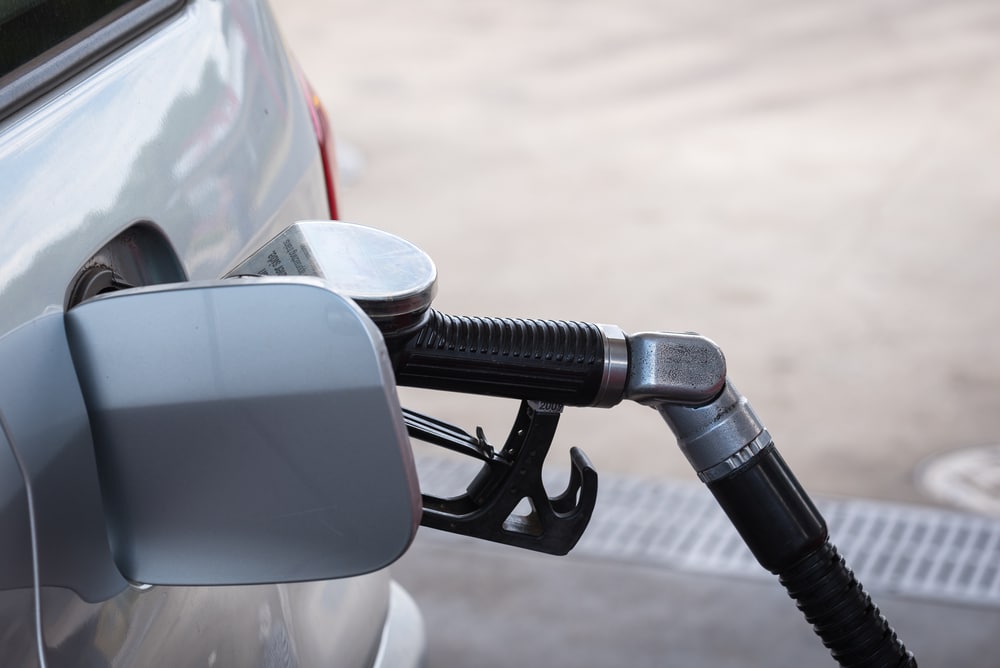Complete Solutions for Fuel Station Wastewater
Petrol stations require compact, reliable systems that can handle wastewater in high-traffic areas such as wash bays, forecourts, and mechanical servicing zones. Wastewater from these areas may contain diesel, hydraulic oil, lubricating greases, coolants, detergents, degreasers, heavy metals, and sludge from vehicle washdowns.
Oil Skimmers (Belt, Tube & Floating)
Skim surface oil and fuel before they enter your primary separator. Skimmers reduce hydrocarbons early on, protecting downstream equipment and reducing maintenance.
Coalescing Plate Oil Water Separators
These compact, low-maintenance units remove free-floating oil, diesel, and fuel using plate technology and gravity. Suitable for high-traffic areas like uncovered forecourts, they meet Class 1 separator standards and support environmental compliance for service stations.
Dissolved Air Flotation (DAF) Systems
DAF systems are ideal for wash bays and mechanical servicing areas, where emulsified oils, detergents, and fine solids are common. They remove suspended solids and cleaning residues from water generated during engine servicing or pressure cleaning.
Clarifiers
Used to settle heavy solids, grit, and oily sludge from vehicle washdowns or stormwater runoff. Clarifiers reduce solids loading on your system and improve downstream performance.
pH & Dosing Systems
Dosing systems neutralise water affected by acidic or chemical-laden waste from degreasers, soaps, and fuel additives. Balancing pH ensures compliant discharge and protects your infrastructure.
Filtration & Polishing Media
Final-stage filters remove suspended solids, metals, and other fine contaminants. These systems are vital for sites looking to reuse treated water in washdown operations or landscaping.
Control Panels
Automated control panels streamline system management and provide real-time monitoring for multiple components. They help keep your treatment process efficient and consistent.
Custom Fabrication
No two sites are the same. We build modular, skid-mounted systems that fit your space, flow rate, and contaminant profile. Whether you need a targeted solution for a fuel island or a full-site wastewater setup, we’ve got you covered.
Why Proper Wastewater Management Matters
Having the right system in place is more than just ticking a compliance box. It protects the environment, supports safe site conditions, and reduces ongoing maintenance costs. Whether you’re dealing with oily wastewater from diesel fuel or sediment from wash bays, Baldwin provides tailored solutions for service stations of all sizes.
What are the Key Benefits?
- Efficient Oil & Fuel Removal: Prevents hydrocarbons from entering stormwater or sewer systems.
- Regulatory Compliance: Helps meet EPA and water authority discharge standards for forecourts and fuel handling areas.
- Supports Water Reuse: Treated water can be reused in washdown applications or landscaping.
- Safer Site Conditions: Reduces slip hazards and protects hardstand surfaces from oil damage.
- Lower Maintenance Costs: Proper treatment reduces pipe blockages, pump wear, and service downtime.
Applications Across Your Site
Our systems are suited to multiple areas around a service station or fuel depot:
- Undercover and uncovered fuelling areas
- Vehicle washdown bays
- Stormwater collection points
- Mechanical servicing and engine cleaning zones
- Bunded storage areas for fuel and chemicals
With Baldwin’s modular and scalable systems, you can address specific problem areas or implement a site-wide solution.


